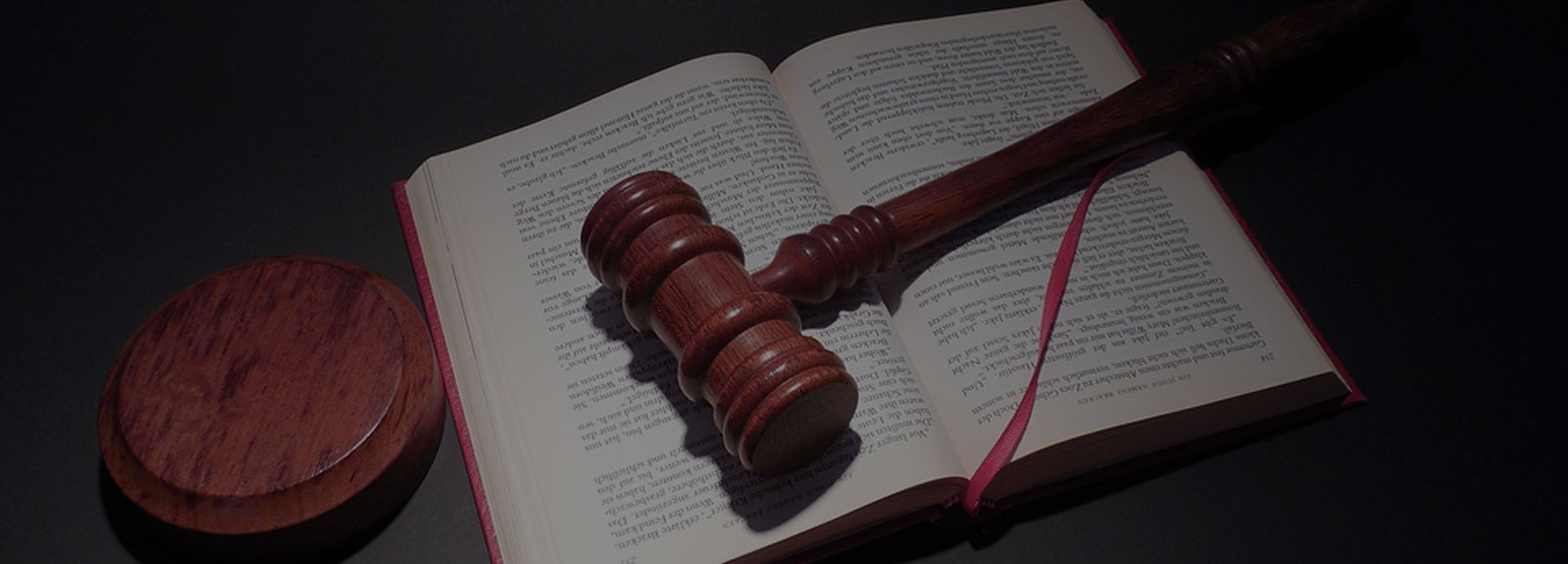13 Jun Can I Get A Civil Judgment Removed From My Credit Report After Bankruptcy?
Often what brings clients to my office is the pressure put on them from a creditor who has obtained a judgment. While the judgment itself does not cause any immediate harm other than being reported on credit reports, the rights of collection methods that a judgment gives to a creditor certainly do cause harm. In Minnesota a judgment will allow a creditor to garnish up to 25% of available wages (Minn. Stat. 571.992) and to levy bank accounts in an amount of 110% of the amount owed (Minn. Stat. 571.991). Essentially imagine working for a creditor ¼ of the time and having all the funds in your bank account taken. The only way to stop the creditor is to pay in full, settle through lump sum or payments or to file bankruptcy.
Once the bankruptcy is filed an automatic stay (11 U.S.C. sec. 362) goes into effect and prevents creditors from collecting through garnishment or levy. The automatic stay runs until the end of the bankruptcy protecting from any collection action. At the conclusion of the bankruptcy the Order of Discharge is granted. All told, from filing to discharge, the process will take approximately 95 days. Protection from creditors starts the minute that the bankruptcy is filed and remains past the discharge.
Once the discharge is granted the next step when a creditor has obtained a judgment is to file a motion with the district court in which the judgments are docketed. Although the creditor will never be able to collect on the judgment, the judgment stays entered with the Minnesota District Court until it is discharged, satisfied or withdrawn. Failure to remove the judgment can result in the judgment remaining reported on the credit report which is adverse to reestablishing credit. A judgment that has not been dismissed after bankruptcy may also complicate the purchase of or refinancing of a home.
The ability to remove a judgment post-bankruptcy is granted pursuant to Minnesota Statute (Minn. Stat. 548.181) essentially the process is administrative in nature, meaning once the proper paperwork is filed in the proper order and the proper amount of time has passed the district court will administratively discharge the judgment.
The exact requirements are that: 1. An application for discharge be filed which lists individually the judgments which are to be discharged; 2. A filing fee of $5.00 per judgment must be included; 3. A certified copy of the Order of Discharge from the bankruptcy court must be attached; and 4. Notice must be given to the judgment creditor regarding time object to the discharge (20 days from service date).
If after 20 days has passed from the time of service to the judgment creditor and no objection has been received the court will enter the judgment discharge order for all listed judgments. Should the creditor object to the discharge within the 20 days they must allege that the debt was not discharged in bankruptcy or that the judgment exists as a result of a lien on real property. The objection of a creditor to the discharge of a judgment is an extremely rare event.
In working with clients who have judgment and are in need of bankruptcy the client will often worry about the judgment to the extent that they forget about the bankruptcy. The bankruptcy is the first step in the two part process. I also see clients, on the other end of the spectrum, who have filed bankruptcy and are reminded that the district court application is required to discharge the judgment and do nothing. Months or years may pass and then I receive a call out of the blue asking why bankruptcy did not discharge the judgment. Usually the call is because the client is trying to purchase real estate or refinance their home. When the finance institution is reviewing for extension of credit the judgment will still appear on the district court docket as well as credit reports. Most mortgage companies will require that the judgments be satisfy prior to the refinancing or the granting of a mortgage.


No Comments